Produced Water Management
INSTRUCTOR: Walter L. Dowdle or R. Lynn McCoy
DISCIPLINE: Geoscience
COURSE LENGTH (DAYS): 3
CEUS: 2.4
AVAILABILITY: Public & In-House
ATTEND AN UPCOMING CLASS:
WHO SHOULD ATTEND: This workshop is intended primarily for geologists, reservoir engineers, drilling and production engineers along with field operations personnel and secondarily for land and legal staff.
COURSE DESCRIPTION: The course presents a comprehensive strategy for management of produced water content associated mainly with onshore production of crude oil. It covers geological characterizations, reservoir engineering, drilling and economics directly related to water management and disposal, in addition to the essential involvement of land, legal and field operations.
LEARNING OUTCOMES:
- Learning the key importance of geological characterization in produced-water management.
- Understanding the objectives, design, implementation and use of pressure falloff tests.
- Knowing the relationship of “tank” size to ultimate injectivity.
- Gaining the ability to use decline curve analysis in forecasting cumulative injection volumes.
- Acquiring exposure to water disposal alternatives and competing economics.
- Seeing the importance of drilling and completion execution on well injectivity.
- Appreciating the critical components of land, legal, environmental, regulatory and field operations.
COURSE CONTENT:
ENVIRONMENTAL & REGULATORY (optional for International classes)
- Understanding & Awareness of Multitude of Agencies (State & Federal)
- Limitations on injection pressures (fracture gradients)
- Community relations and concerns (homeowners and press)
- EPA disclosures
- Depth and/or rate limitations
- Reporting, Filing and Testing Requirements
- MIPT (Maximum Injection Pressure Test) frequency and witnessing
- Monthly and annual reporting
GEOLOGICAL & PETROPHYSICAL
- “Tank” Size (available disposal volume)
- Areal extent, thickness, volume, shape factor (structural/isopach mapping)
- Stratification (layering)
- Available horizons, acceptable depth(s)
- Well-Logging Program
- Formation & Rock Properties
- Rock type, mineralogy etc
- Porosity, permeability (por-perm relationship and variability)
- Discriminants (shale, porosity cut-offs)
- Fracturing, rock compressibility
- Fracture gradient (psi/ft)
- Formation & Rock Properties
- Zonal identification, completion interval selection
DRILLING
- Vertical vs Laterals, High Angle Well Trajectories
- Lost Circulation and “Kick” Tolerances
- Cementing Requirements and Considerations
- Costs, Timing, Risks, etc
RESERVOIR ENGINEERING
- Reservoir Size and Capacity
- Anticipated injection rates, volumes, and pressures
- Pressure falloff (PFO) testing and monitoring programs
- Current and initial pressures
- Original water in-place
- EUI (Estimated Ultimate Injectivity) and Forecasts
- Original water in-place
- Calculated EUI
- Rate-time and rate cumulative forecasts, economic limit
- Capacity Status (historical total injected volumes)
- Injection-well monitoring
- Rate-cumulative, rate-time plots
- Decline curve analysis
ECONOMICS
- SWD Expenditures
- Anticipated required volumes, rates, and timing
- Options – trucking, contracted disposal, owned SWD wells
- Vertical wells versus slanted-high-angle/lateral wells
- Number, location of required SWD wells
- Drilling costs and cost of capital
- Water treatment program and chemical costs
- Payout (amortization)
- SWD Integration into Corporate Field Development Strategy
FIELD OPERATIONS
- Fundamental Understanding of Entire Program
- Ability and Dedication to Implementing Requisite PFO and Other Tests, Data Reporting Tasks
LAND & LEGAL (optional for International classes)
- Lease Considerations
- Legacy vs recent leases
- SWD “tank” – controlled by mineral or surface (fee) owner
- Rules and Compliance
- Variation among states
- Compensation
- “Off-Lease” water
- Third-party trucking/produced water
TEAM COMMITMENT FROM MULTIPLE DISCIPLINES
